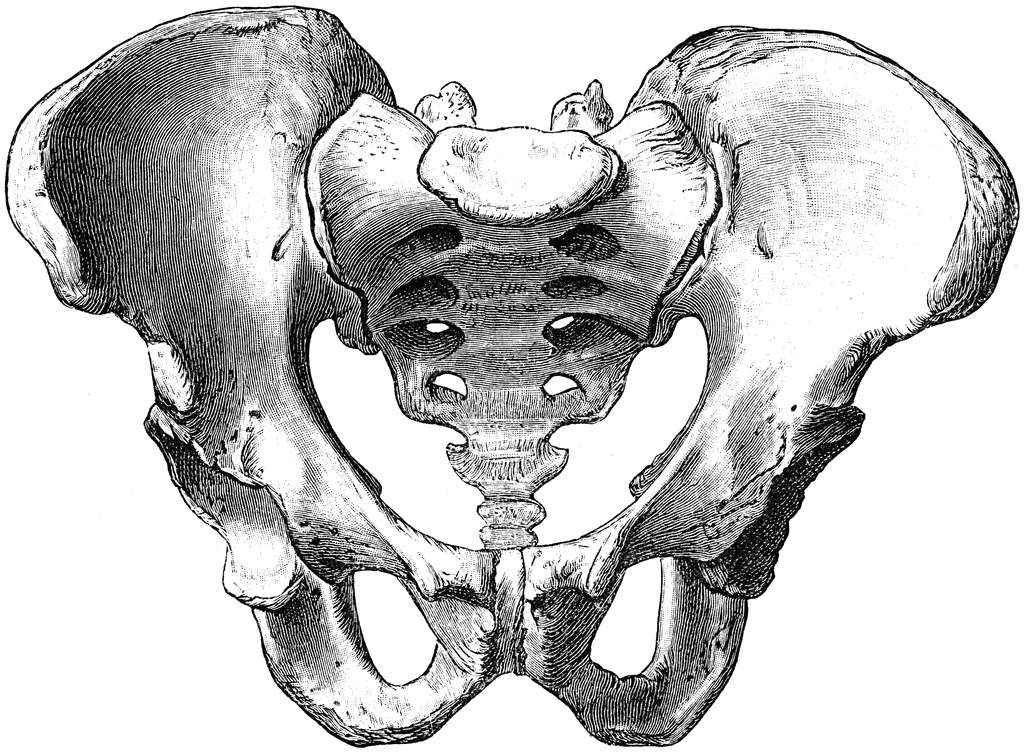Pelvic exams…sex…going to the bathroom…should NOT be painful!
No…you should not leak when you cough, sneeze, exercise/jump,…
Just because things are “common” does NOT mean they are normal or untreatable…
WE CAN HELP!!!
PHYSICAL THERAPY FOR PELVIC HEALTH
Pelvic floor physical therapy addresses pelvic floor musculature that plays an important role in bowel, bladder and sexual function. Physical therapy for pelvic floor dysfunction can help address many issues serving both men and women including the following:
- Urinary (bladder) incontinence
- Bowel (fecal) incontinence
- Urinary urgency and frequency
- Pain (pelvic, lower back, hip, groin, tailbone, rectal, genital)

- Pain with intercourse
- Pain or difficulty with urination
- Rectal pain / spasms
- Penile pain
- Prostatitis
- Constipation
- Pregnancy and postpartum symptoms
- Scar mobilization (C-section, episiotomy, prostatectomy,…)
- Diastasis recti (abdominal wall separation)
- Endometriosis
- Interstitial cystitis
- Pelvic organ prolapse
- Pudendal neuralgia
INITIAL CONSULTATION
The initial evaluation typically involves two components and as a result, typically occurs over multiple sessions:
(i) assessment of the pelvic floor and abdominal musculature (strength and tone) – and –
(ii) generalized orthopedic and functional movement evaluation including gait analysis, posture, lumbar spine and lower extremity alignment, range of motion and strength.
FOLLOW-UP SESSIONS
Each session is individualized and occurs in a private treatment room.
Your progress is constantly being monitored and assessed, and treatment plans altered accordingly.
Our pelvic health team works together to maximize your treatment plan and goals.
Our pelvic health specialists have completed post-doctoral certifications.
We do not use any assistants nor aides at P3.
TREATMENT CAN INCLUDE THE FOLLOWING
- Manual “hands-on” therapy (joint mobilizations, soft tissue release – including internal and external muscles)
- Therapeutic exercises, including Pilates-based movements that are tailored specifically for your individual needs and will help you maintain the progress you make
- Dry needling to treat myofascial trigger points
- Taping techniques to help augment treatment
- Patient education on your condition and ways to improve your symptoms
WHAT TO EXPECT – WHAT TO WEAR
**Please note, an internal pelvic floor examination may be warranted. Please wear comfortable clothing or exercise attire that you can easily move around in.
